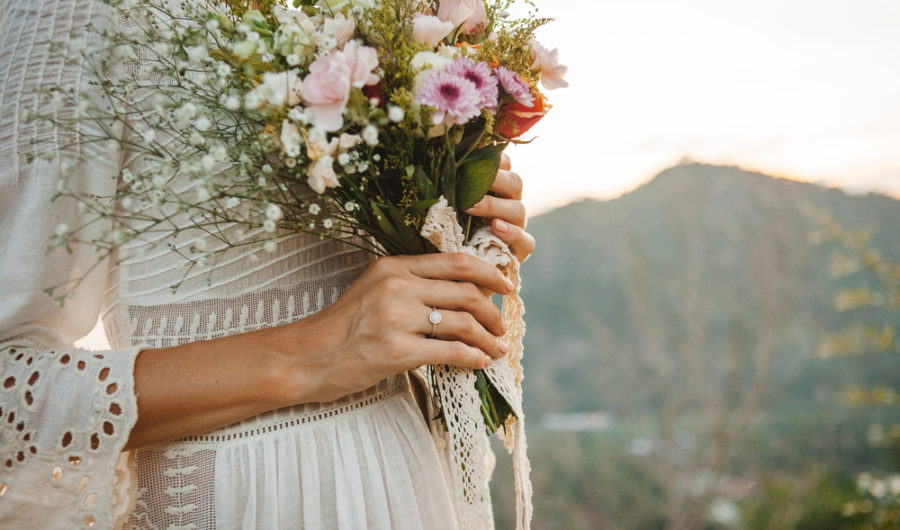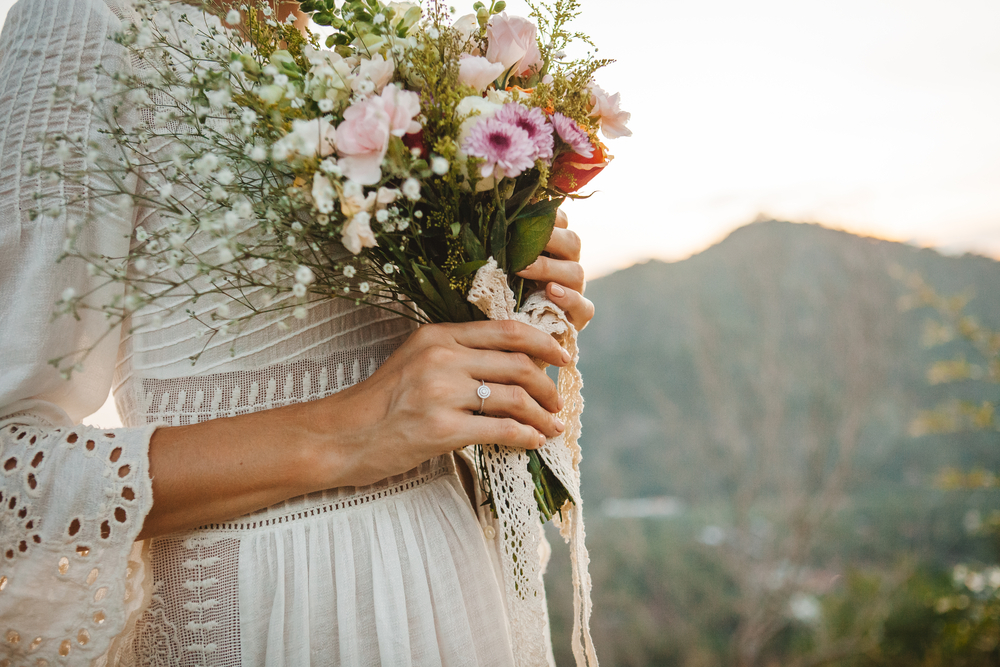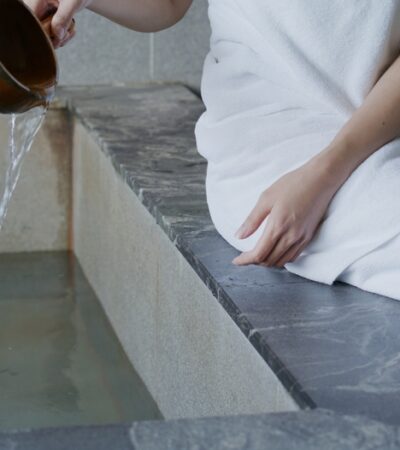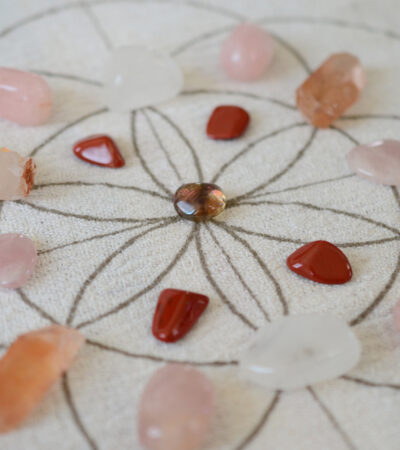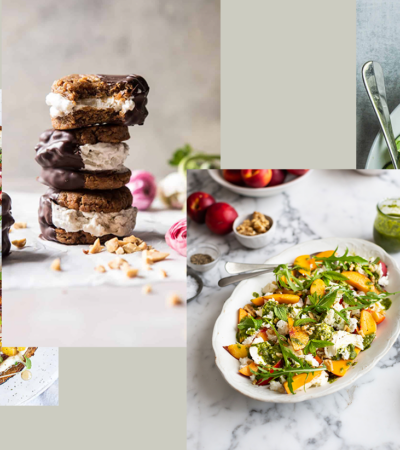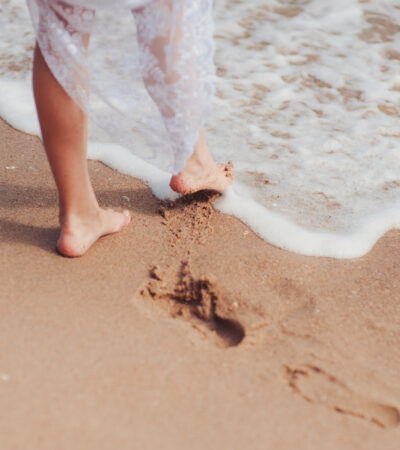Getting married is sure to be one of the most enjoyable stages of your life. We’re not going to pretend that planning the big day won’t be stressful at times, but it’s also a rare occasion where you can take centre stage and have everything just as you want. You get to look like a princess, be treated like a queen, and every single decision is in your hands.
However, with sustainability firmly in the public consciousness, many brides are considering the wider impacts of the decisions they make. It’s easier than ever to host an unforgettable celebration while remaining socially and environmentally responsible. So whether you’re on the cusp of an engagement or in the thick of your wedding planning, follow these tips on how to have a ethical, sustainable wedding.
Consider where things come from
Aesthetics are important when it comes to a wedding, but thinking ethically also means considering the origins of a material or item. For example, a stunning engagement ring is instantly less beautiful if the gemstone is a blood diamond, which is a jewel illegally traded in war zones to help fund the conflict. Meanwhile, the food and flowers you have your eye on may need to be shipped in from afar, contributing significant carbon emissions during transit.
The best way to avoid these pitfalls is to do your research before committing to a particular company. For instance, buy engagement rings from a jeweller that is transparent about its diamonds and gemstones and their supply chain. Taylor & Hart, for example, have openly discussed the lingering problems in the diamond industry. The bespoke jeweller offers a range of ethical engagement rings with CanadaMark and Diamond Time Lapse diamonds which come with additional verification confirming the jewel’s origins and history.
For food and flowers, make sure you ask the vendors where everything comes from. If your bouquet needs to be flown in from the Netherlands, politely decline and search for a florist who sources its flowers more locally—the closer the better as this will minimise the environmental impact of transportation. Whoever you’re dealing with, don’t be afraid to ask questions regarding sourcing and suppliers and be wary of any companies reluctant to give you clear answers.
Go second hand
Your wedding may be the biggest day of your life to date, but remember that it’s only one day. Is it worth buying everything brand new when it’ll never be used again? Definitely not from an ethical perspective. And thanks to the innovative methods of many sustainable wedding brands, second-hand bits and bobs can still appear as good as new.
It’s never been easier to get your hands on a pre-worn wedding dress that looks like it’s come straight off the rack. If you want a statement gown that marks a departure from current bridal trends, a vintage dress could be a great option for you. Or ditch the ‘something new’ part of the famous ‘something old’ wedding rhyme, and tick off ‘something borrowed’ by hiring a wedding dress for the day. This is ethical and practical as it means you don’t need to waste precious wardrobe space on an extravagant white outfit you’ll never wear again.
Wedding decorations are another thing that will make a huge impact, even if they’re second hand. Leading wedding recycle website Sell My Wedding sells everything from fairy lights and bunting, to signs and easels, and every single item has been pre-loved by another bride. Gumtree, Etsy and eBay also list plenty of used wedding decorations. It goes without saying that reusing existing items instead of helping to encourage the production of new ones is far better for the environment.
Minimise waste
A wedding can leave an awful lot of waste behind in its wake. Almost 20kg of single-use plastic is binned per ceremony, and according to Sky Ocean Rescue, culminating in 4,910 tonnes of plastic being poured into the sea every year. The situation is no better on the catering side either, as research from Sainsbury’s revealed 10% of wedding food is thrown away, worth £488 on average. Most of this ends up on landfill where it breaks down and releases methane—a greenhouse gas even more potent than carbon dioxide.
With a little savvy planning, it’s easy to get married in style without leaving harmful waste behind. Start by trying to eliminate single-use plastic wherever possible. The majority of plastic waste comes from things like cups and bottles, decorations and confetti. Instead, hire crockery, glasses and jugs and find biodegradable decorations like streamers, lanterns, and even balloons. Traditional plastic confetti can be replaced with natural flower petals for a sustainable but beautiful alternative. And don’t forget to share your ethical efforts with your guests. Their generous gifts will be appreciated, but ask for them to be wrapped in recyclable paper.
Paul Crewe, project lead for ‘Waste Less, Save More’ at Sainsbury’s, suggested newlyweds could minimise food waste by proactively encouraging guests to takeaway. “Individual homemade favours could be made part of the dessert, catered to your exact numbers, or perhaps add a personal touch and give everyone a doggy bag as a favour so guests can take any leftovers home with them,” he said. Or take inspiration from couple Joe and Kayley Tilston who served a wedding breakfast entirely made up of food waste to their 280 guests. This was in partnership with The Real Junk Food Project, a Wakefield organisation that intercepts food from retailers and supermarkets before it can be disposed of. And, of course, rule number one is to be mindful of how much food your guests actually need. Don’t be afraid to under-order a little. Odds are they’ll be much more interested in drinking and dancing than helping themselves to a second helping at the buffet table.


